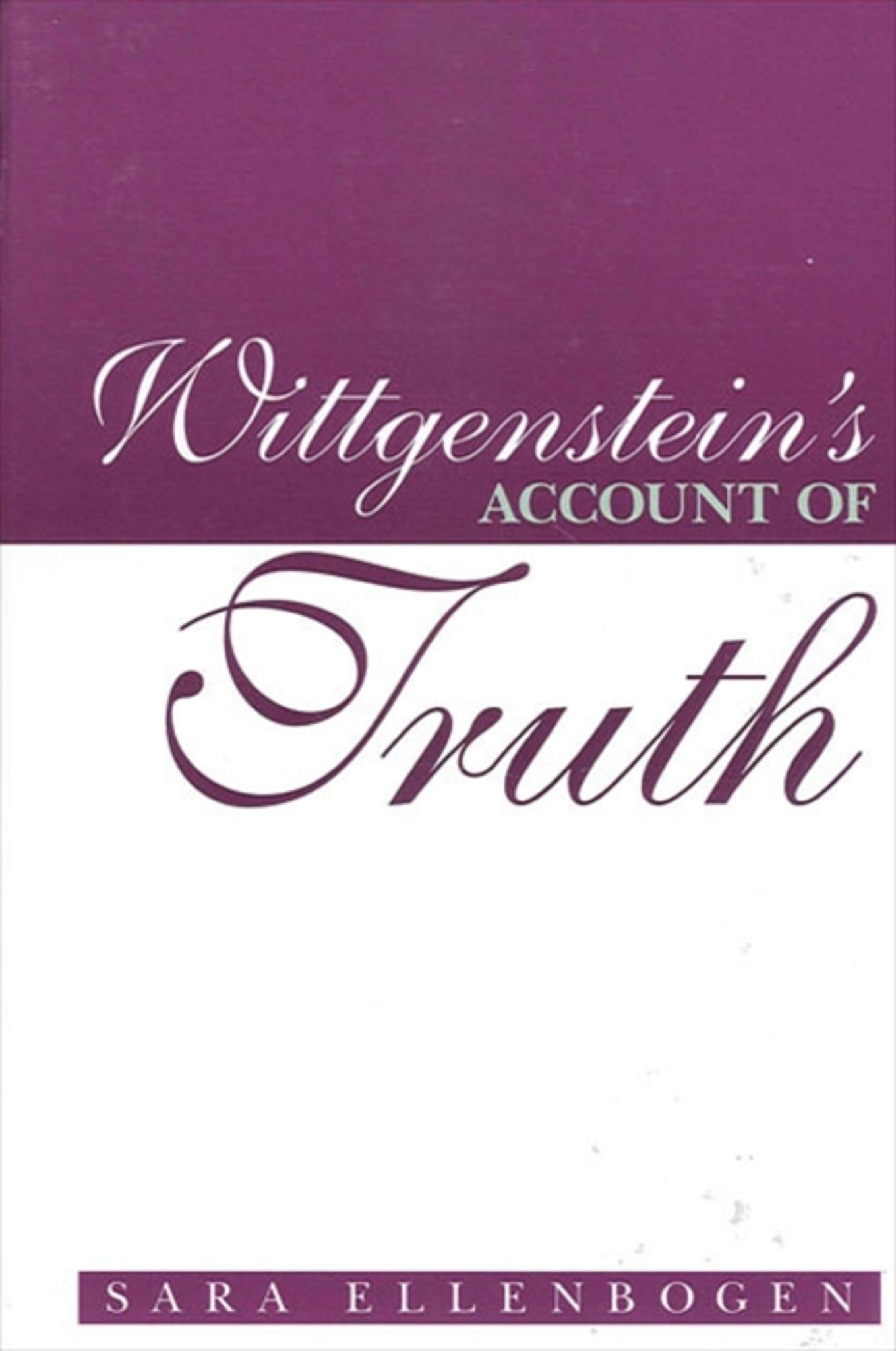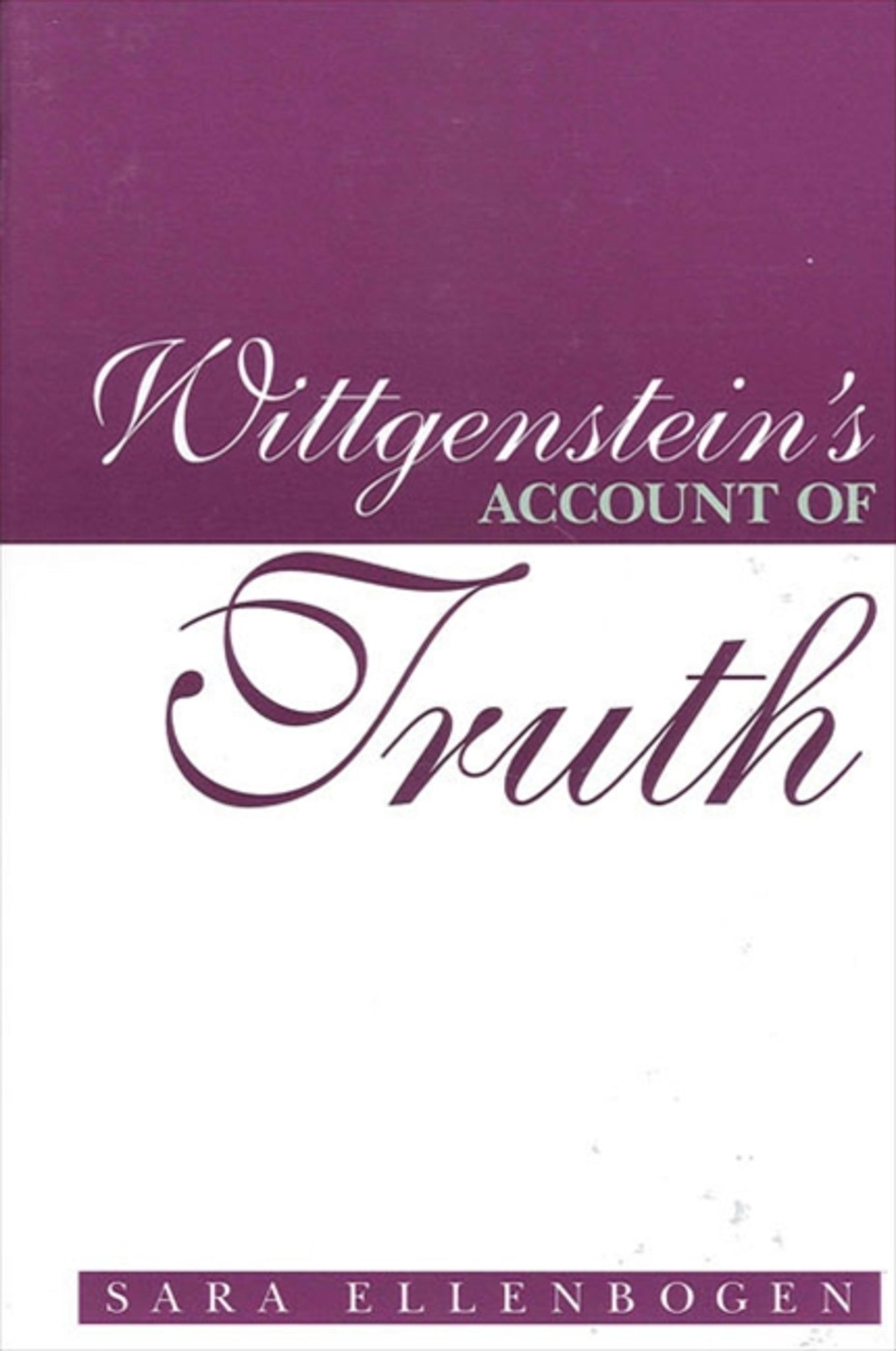We're sorry. An error has occurred
Please cancel or retry.
Wittgenstein's Account of Truth

Some error occured while loading the Quick View. Please close the Quick View and try reloading the page.
Couldn't load pickup availability
- Format:
-
30 January 2003

Explores the complex nature of truth in Wittgenstein's philosophy.
Wittgenstein's Account of Truth challenges the view that semantic antirealists attribute to Wittgenstein: that we cannot meaningfully call verification-transcendent statements "true." Ellenbogen argues that Wittgenstein would not have held that we should revise our practice of treating certain statements as true or false, but instead would have held that we should revise our view of what it means to call a statement true. According to the dictum "meaning is use," what makes it correct to call a statement "true" is not its correspondence with how things are, but our criterion for determining its truth. What it means for us to call a statement "true" is that we currently judge it true, knowing that we may some day revise the criteria whereby we do so.


"Clearly written and tightly argued, this book throws light on the complexities of Wittgenstein's writings and thereby on the complexities of our concept of truth." — William H. Brenner, author of Wittgenstein's Philosophical Investigations
"Wittgenstein's Account of Truth presents a clear, concise summary of the semantic antirealist's position in the debate over the nature of truth in philosophy of language, and how it relates to the later Wittgenstein." — Jonathan Bain, Polytechnic University
Abbreviations
Preface
Acknowledgments
PART I. FROM "MEANING IS USE" TO THE REJECTION OF TRANSCENDENT TRUTH
1. Wittgenstein's Rejection of Realism versus Semantic Antirealism
2. The Positive Account of Truth
3. Antirealism Revisited
PART II. FROM "MEANING IS USE" TO SEMANTIC ANTIREALISM
4. The Acquisition Argument and the Manifestation Criterion
5. Antirealism Presupposes Realism
6. Tensions Between Wittgenstein and Dummett
7. Semantic Antirealism Is Inconsistent
PART III. WHY A REVISIONIST ACCOUNT OF TRUTH?
8. Criteria and Justification Conditions
9. Criteria and Realist Truth Conditions
10. Why Criteria Are Not Defeasible
11. Criterial Change, Conceptual Change, and Their Implications for the Concept of Truth
12. Why a Revisionist Account of Truth?
Notes
Bibliography
Index



